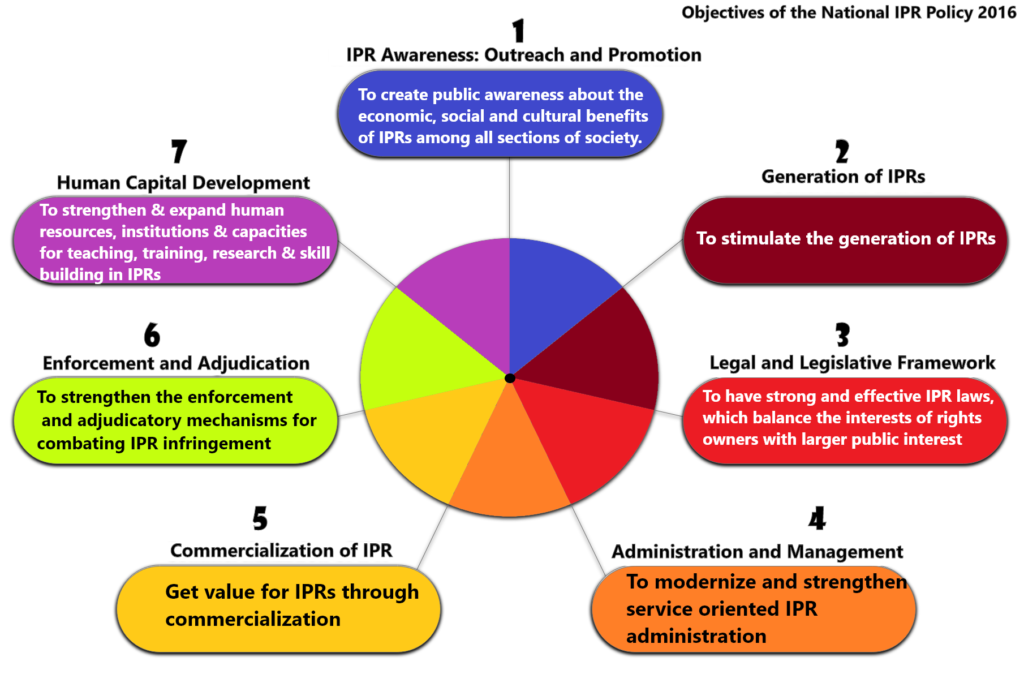
As the fast-growing internet infrastructure continues to improve communication and information management, it is also empowering a community of internet users who engage in online piracy. In India, the low-cost mobile broadband is serving as medium to spread any form of content from one individual to millions.
The most affected industries due to online piracy are film, TV, and e-commerce. Piracy has a negative impact on every single person working in these industries and their supply chains. According to an industry study, online piracy causes over $ 1 billion in financial losses and over 60,000 annual job losses in the Indian film industry alone. Piracy also negatively impacts the country’s economy by reducing the sales and legal distribution of intellectual properties.
What is the government of India doing to combat online piracy?
Legal concerns regarding copyright infringement and copyright related disputes have been existent in India since 1950s. Given below are some of the initiatives taken up by the government of India to curb piracy.
Copy Right Act 1957:
The Copyright Act, 1957, acts as the main regulation to protect intellectual properties like literary works, artistic works, dramatic works, cinematography/films, musical works, and sound recordings. According to this act, the original owners gain economic and moral rights on their intellectual properties.
National Intellectual Property Rights Policy, 2016:
The National IPR Policy, 2016, encourages creativity and innovation in the form of intellectual properties. The policy also recognizes the economic value of intellectual properties.
The National IPR policy has 7 objectives:

CIPAM- Cell of IPR Promotion and Management:
The CIPAM is a professional body operating under the Department of Promotion of Industry and Industrial Trade (DPIIT). It ensures focused measures are taken on IPR related issues and it addresses the 7 objectives of the National IPR policy. The Functions of CIPAM are as follows:
- Simplify and streamline the IP process by preparing and implementing a strategy for each of the 7 objectives in the National IPR policy.
- Coordinate with state, national and international agencies to set up IP cells.
- Conduct IPR awareness campaigns in schools, colleges, universities, and industries across the country.
- To train and sensitize enforcement agencies and judiciary to implement IP rights effectively.
- To develop and implement best practices for promoting and commercializing IP in India.
Cinematograph Amendment Bill, 2019:
This bill makes film piracy a punishable offence. As per the bill any person who records or transmits a copy of a film without permission from a copyright owner, (s)he can be sentenced to 3 years of jail and made liable to pay a fine of up to 10 lakh rupees.
National Cyber Crime Reporting Portal:
The National Cyber Crime Reporting Portal is an initiative of the Government of India to help cyber-crime victims register complaints online. All complaints registered on this portal are handled by law enforcement agencies (such as police, CBI, IT department, etc.)

John Doe Orders:
John Doe orders or Ashok Kumar orders is a pre-infringement authoritative order provided to protect IP of creators. It enables original creators to issue notice and act against individuals who are infringing their IP. To obtain a John Doe Order, the Plaintiff (the person who files the case) should establish the following:
- A Prima Facie Case (evidence of first appearance).
- The chances of incurring irreplaceable damage if the order is refused.
- Balance of convenience (inconvenience caused) to the Plaintiff.
Private Initiatives:
Tech companies have also stepped in to help content creators and owners deal with piracy.
For example, AiPlex Software Private limited, India’s first anti-piracy company, protects 90% of Bollywood new releases. It has thus far obtained more than 300 John Doe orders on behalf of various content owners and creators. AiPlex is listed amongst the top 3 infringed content delisting companies (as per Google’s transparency report). The company holds a track record of disabling more than 250 million links/sites, removing more than 10,000 infringed mobile apps, and achieving 99.9% infringement removal on social media.
Fighting Piracy- The way forward:
The RUSI (Royal United Service Institute), UK, suggests that more public-private sector partnerships are needed to tackle IP crimes and online piracy. It proposes sharing of intelligence between law enforcement agencies, and private sectors.
The MCDCU (Maharashtra Cyber Digital Crime Unit) is South Asia’s first public-private initiative to fight against digital piracy. The MCDCU has shut down over 200 websites hosting pirated content.
On the same lines, government agencies in India can partner with private anti-piracy firms like AiPlex and others to combine their resources to effectively tackle piracy.





